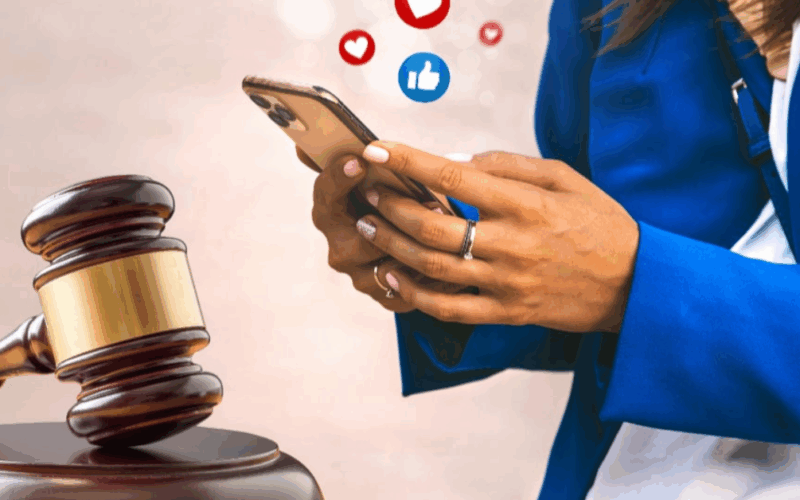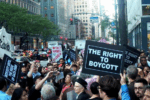In today’s digital world, social media platforms are key places where news spreads quickly. Governments, public figures, and even news outlets themselves often use platforms like Twitter, Facebook, and Instagram to share information. But what happens when a public figure or government account blocks a news outlet on social media? Some people say it might be unconstitutional, raising important questions about free speech and access to information.
This topic is especially interesting for people worldwide, including those in India, where freedom of speech is highly valued but also comes with reasonable restrictions. Let’s break down whether blocking a news outlet on social media goes against constitutional rights, with examples and expert opinions to help you understand better.
What Does the Constitution Say About Free Speech and Media?
In the United States, the First Amendment protects freedom of speech and the press. This means that the government cannot stop people or the media from expressing their opinions or sharing news. However, this protection mostly applies to government actions. Social media platforms are usually private companies with their own rules, so the situation becomes complicated when a government official blocks a news outlet on their official social media account.
According to the Legal Information Institute, the First Amendment prevents government censorship, but private companies can control what content appears on their platforms. So, the key question is whether a public official’s social media account is considered a public forum or a private space.
When Is Blocking Considered Unconstitutional?
Blocking a news outlet on social media may become unconstitutional if it is done by a government official on their official account where they interact with the public. Courts have ruled that these accounts can be viewed as public forums where free speech protections apply. For example, in the 2019 case Knight First Amendment Institute v. Trump, a U.S. court decided that President Donald Trump blocking Twitter users was a violation of the First Amendment because his account was a public forum.
This means that if a government official blocks a news outlet to prevent them from sharing information or criticizing them, it violates free speech rights. Blocking in this case is seen as censorship, which the Constitution does not allow.
What Does This Mean for Social Media Users and News Outlets?
For the general public, this ruling means that engagement with government accounts on social media should be open and fair. News outlets, especially, must be allowed to comment and share news without fear of being blocked for unfavorable coverage. But this protection applies mainly when the social media account is linked to government activity, not personal accounts.
For example, an official account like the Mayor’s verified Facebook page is different from their personal Facebook profile. Blocking from the official page may face legal challenges, but blocking from a personal profile usually does not violate the Constitution.
How Does This Apply Outside the U.S.?
India and many other countries have their own laws about free speech, which are different from the U.S. Constitution. In India, the right to freedom of speech is guaranteed by Article 19 of the Constitution but can be restricted for reasons like public order, decency, or security. So blocking a news outlet might not always be unconstitutional if it follows the law.
Still, the concept that public officials should not silence critics applies globally. Many experts advise governments to keep official social media spaces open and transparent to respect democratic values. If you want to learn more about India’s laws on free speech.
What Should News Outlets and Users Do?
News outlets can challenge blocks on public forums legally if they believe their rights are violated. Users can also report censorship to platform authorities or seek legal advice. It is important to understand each social media platform’s rules and how they protect free speech.
To stay informed, follow updates from organizations like the American Civil Liberties Union (ACLU) that work to defend free speech rights. In a connected world, knowing your rights helps you protect freedom of information on social media.
Conclusion: Balancing Free Speech and Social Media Rules
Blocking a news outlet on social media by government officials in their public capacity can be unconstitutional in countries like the U.S., where free speech is strongly protected. However, the rules are different in other countries, and private social media accounts have more control over who they block. As social media becomes a key platform for communication, understanding these boundaries is important for more open and fair public conversations.
Whether you are a young social media user or work in news, it is crucial to stay aware of these legal perspectives to ensure that freedom of speech is respected while maintaining respectful online spaces.




